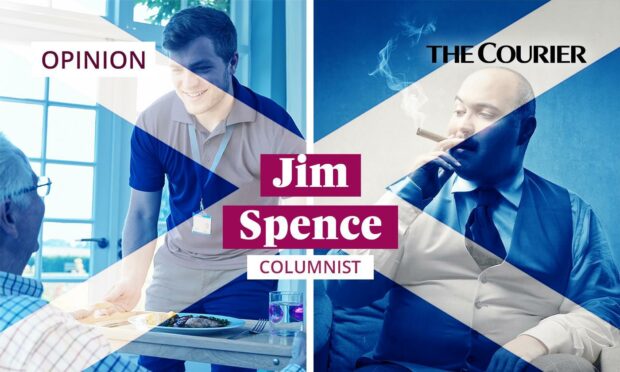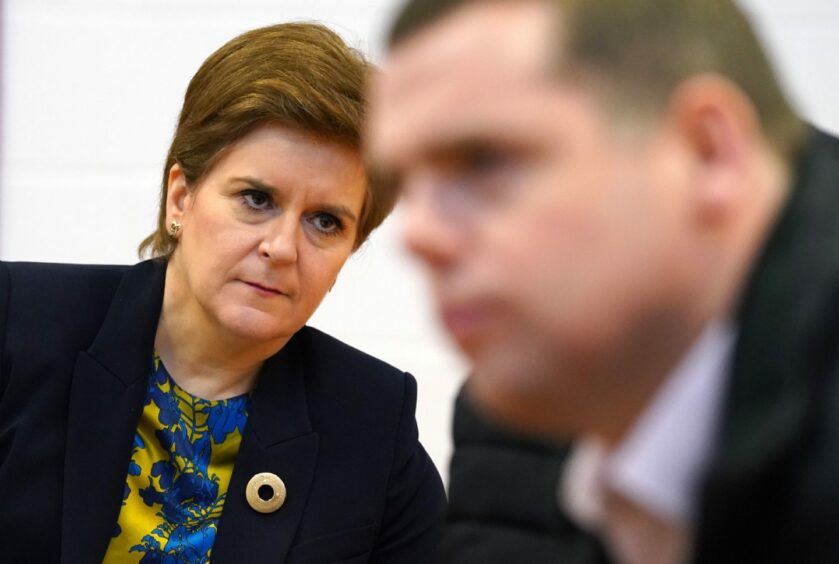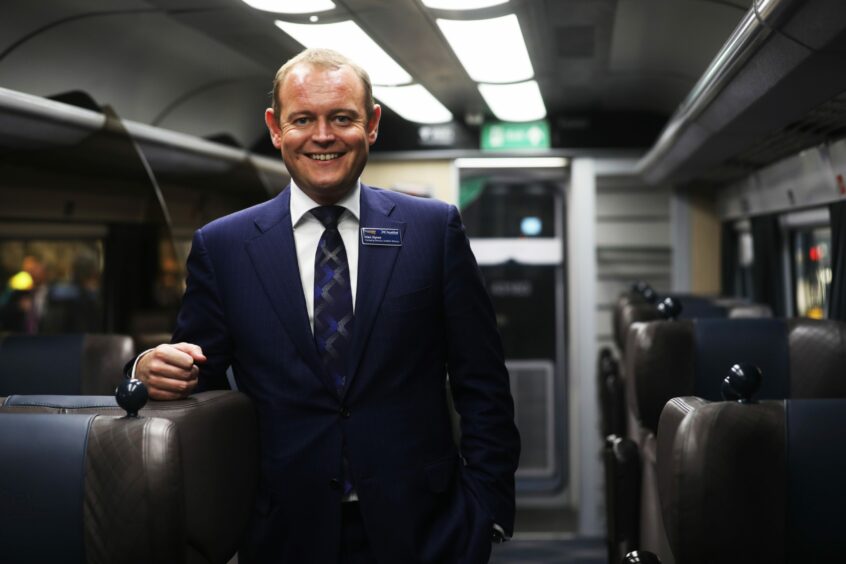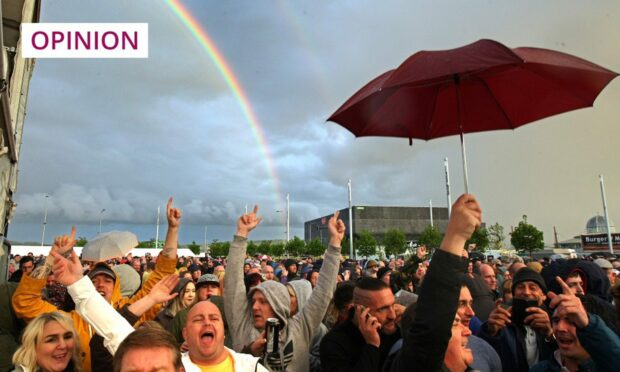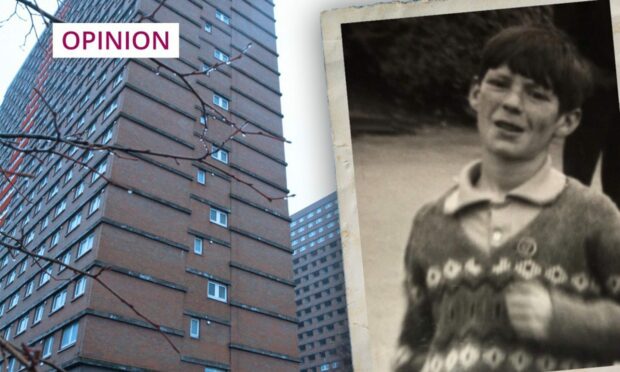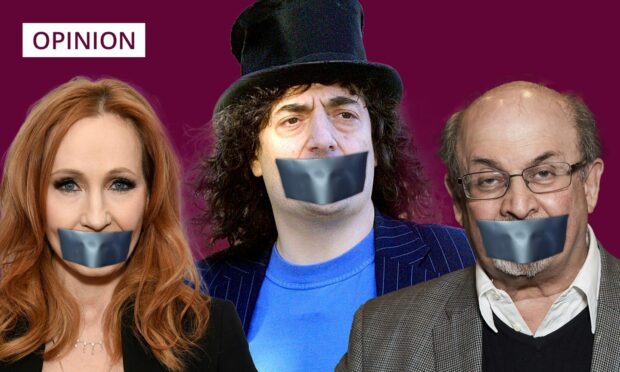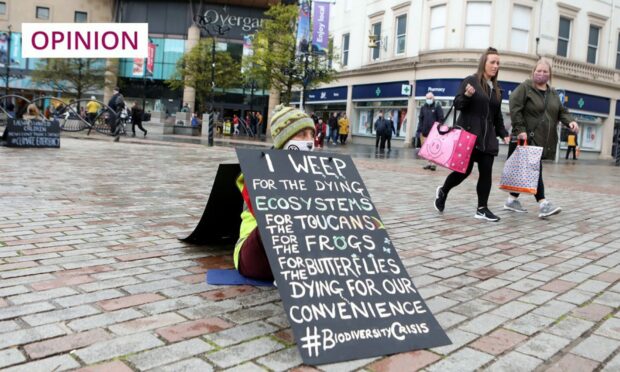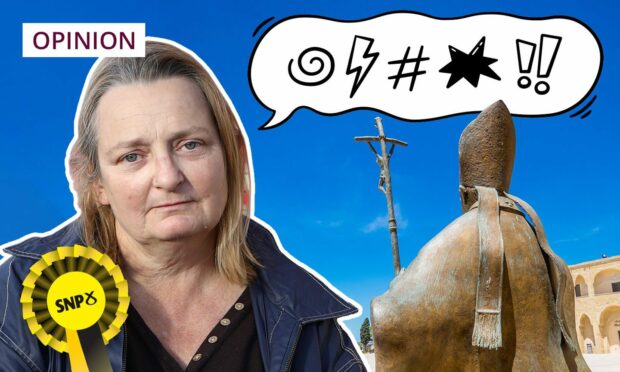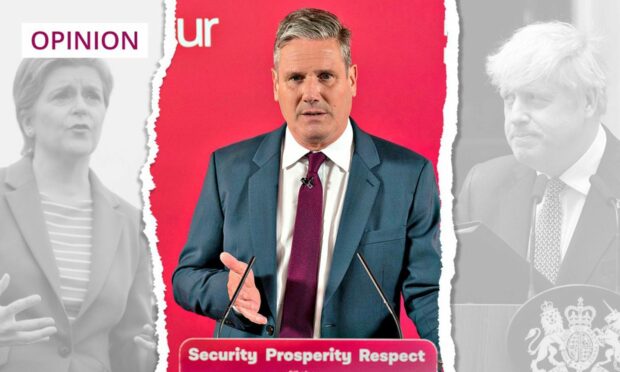Nicola Sturgeon’s government agreed a wage of almost £3,000 a day for the boss of the nationalised shipyard on the Clyde. It’s an act of rank hypocrisy from the people telling us an independent Scotland would be a much fairer place.
When push comes to shove it seems those who’d be running the show if we split from the UK believe in the same ‘greed is good’ economics as those they happily label as grasping Tories in England.
Avarice it seems has no borders.
We Scots are fond of proclaiming ourselves as egalitarians. ‘Here’s tae us wha’s like us’ when it comes to fair shakes for all.
However our swagger is often subdued by our actions.
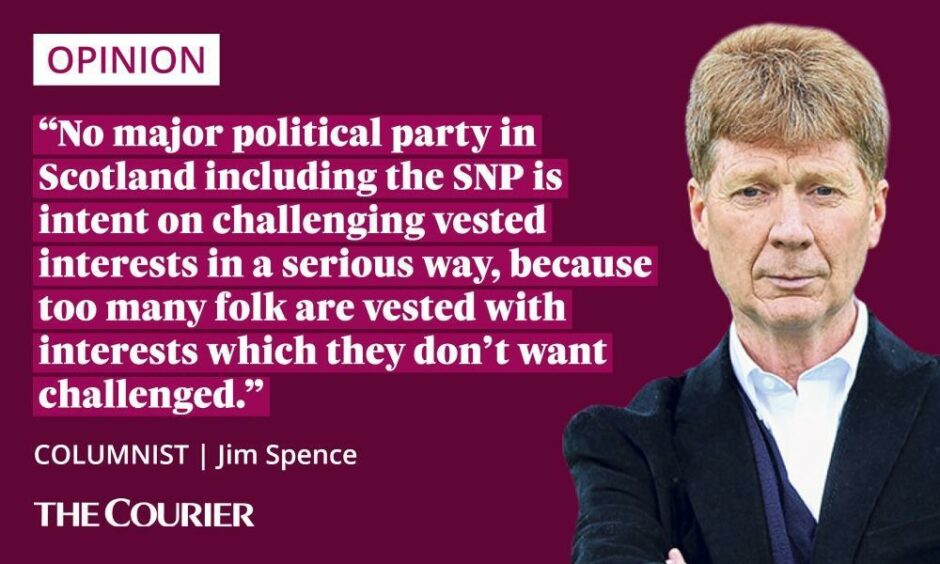
While too many in Scotland struggle by on the minimum wage of £9.50 per hour – under £20K a year – and struggle with their rising energy and food bills, our MSPs’ pick up over three times that, collecting £66,662 a year.
Meanwhile, our representatives at Westminster haul in more than four times what the lowest paid toilers earn, scraping by on a mere £81,932 per annum.
Yet neither of those jobs requires even a minimum qualification. Unlike the care assistants charged with the exhausting task of looking after our elderly, dementia sufferers, and all the others who rely on their skills.
SNP are all talk when it comes to fairness on wages in Scotland
Nicola Sturgeon’s government claims to want a fairer, more equitable Scotland.
Yet it saw no problem in weighing in Tim Hair with what was described as the ‘market rate’ on almost £3,000 per day.
Hair’s job was to turn around the Ferguson shipyard on the Clyde which the Scottish government took into public ownership.
“Government advisers actually suggested Tim Hair needed a decent pay package so that life wasn’t and I quote, ‘unnecessarily painful’ for him while he swapped Hampshire for Port Glasgow. Shocking and out of touch.” #FFS #FerryFiasco #FMQs https://t.co/AKdQgwSSMp
— AlisonB (@ABalharry62) March 31, 2022
But the man appointed from a selection list of just three folk, and who apparently initially offered to take the role for a mere £2,000 a day, has now jumped ship.
He also left the ferries due to be completed five years late, and at more than twice the original cost.
There’s a dark secret hiding in plain sight in Scotland; and that is that many folk including many within the current Scottish Government are actually rather Conservative, albeit with a small c.
Scots might not vote in big numbers for Boris Johnson and his Bullingdon club set, nor for Douglas Ross’s Scottish Tories.
But plenty want to conserve and keep what they hold, whether that be their wage differentials or increasing house values.
And the comforting myth that we’re a fairer and more caring nation than the English is blown out of the water with a cursory look at the gross disparities in financial rewards across our society.
‘Do we value the labourer as much as the lawyer?’
When we Scots look in the mirror does a radical vision stare back at us or is that self-interest that’s being reflected?
Do we believe that carers on the minimum wage deserve similar pay to the professional classes?
Do we value the labourer as much as the lawyer?
Even when an industry is taken into public ownership as in the case of ScotRail recently re-nationalised by the SNP, the pay packet of £330,000 a year for the man in charge comes straight out of the market forces playbook so beloved of Tory philosophy.
Alex Hynes, the boss of the newly owned public rail company, will rake in enough to pay the wages of around 16 care workers for a year.
Not much equality there.
Those kind of statistics clearly show we’re a much more politically conservative country at heart than we care to admit.
We’re in thrall to the same kind of divisive and unequal economic model, which some folk here assure us is the sole preserve of our English ‘Tory’ neighbours.
But inequality appears to be as hardwired into the Scottish human condition as it is anywhere else.
The desire to climb the aspirational ladder ultimately trumps concerns for our fellow men and women further down the pay rungs.
Politicians accept this – but so do voters
No major political party in Scotland, including the SNP, is intent on challenging vested interests in a serious way, because too many folk are vested with interests which they don’t want challenged.
Meantime we’re weighing duff shipyard chiefs in with 3Ka day https://t.co/u9wvsQY0yf
— Jim Spence (@JimSpenceDundee) April 5, 2022
Who wants their house value to drop if a massive programme of cheap affordable housing is launched?
Which professionals or trades-folk think the ‘unskilled’ or ‘semi skilled’ should enjoy the same pay rates that they do?
Delivery drivers won’t be earning the same wage as dentists anytime soon.
And the battle for equality, which we trumpet loudly, is really just a battle for a wee bit less inequality to assuage the guilt of those doing very well thank you.
Not so different from our neighbours – whatever the SNP say
I’ve seen no plan of action from any independence party for a radically different Scotland to emerge were we ever to become independent.
But I’ve heard plenty of strong words castigating the Tories and Westminster and the British establishment.
I’ve listened to sweeping empty generalities from SNP politicians and others about fairness and equality in Scotland.
But nowhere have I seen a real blueprint to ensure that in terms of earnings, wealth distribution, and property and land ownership we’d be a markedly different country from our neighbours.
And that’s because we’re not.
And it’s becoming more apparent every single day.
